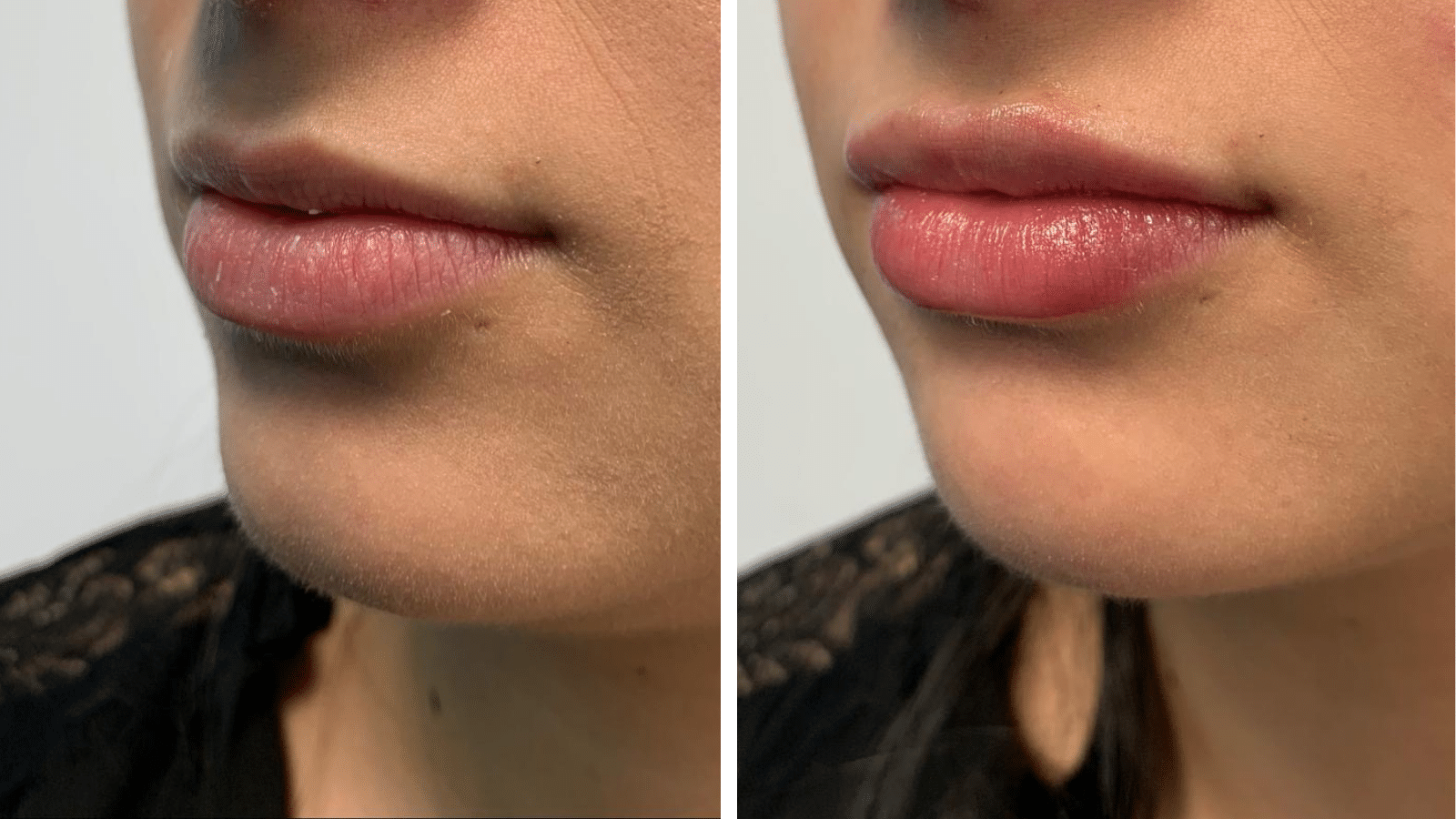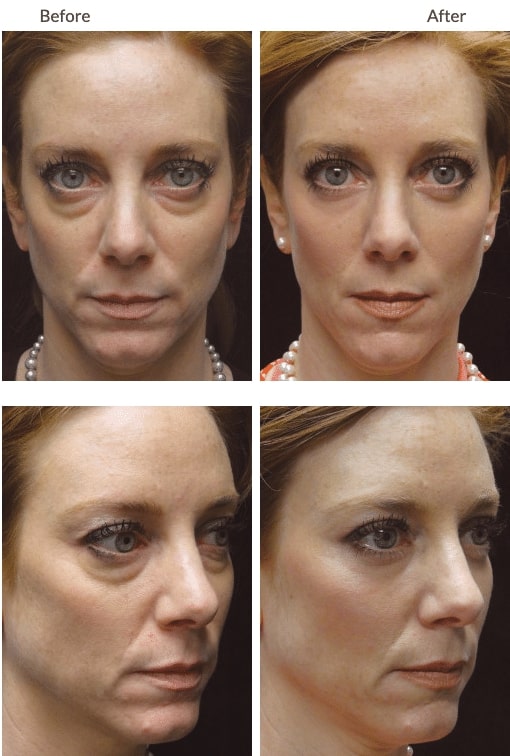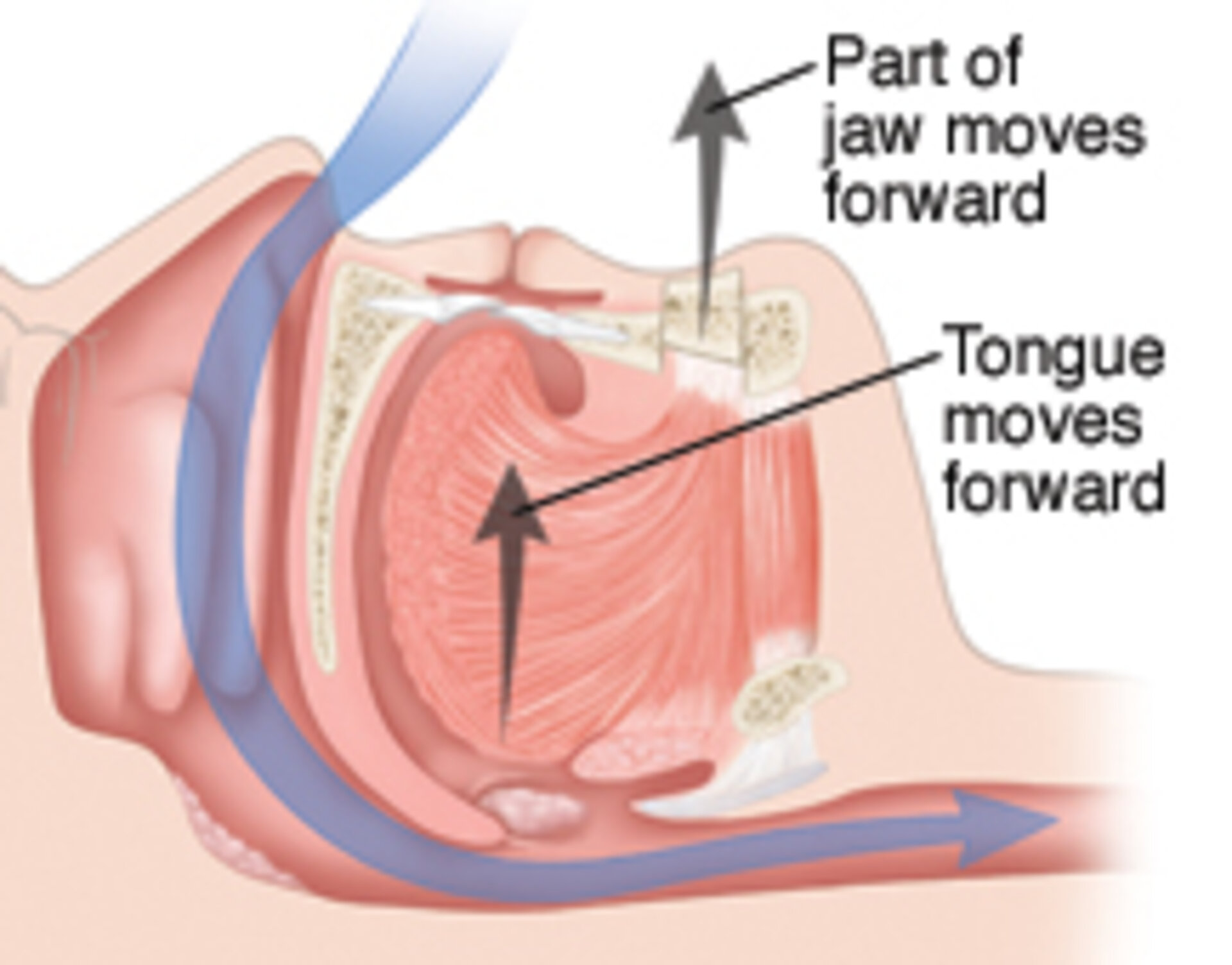
I was cured of my blepharitis by taking omega-3 fatty acids
Blepharitis, an eye condition caused due to a malfunction of meibomian gills, is a form of blepharitis. This condition can often be helped by omega-3 fatty oils. These supplements are inexpensive and readily available. These supplements may be used in conjunction with an Eye Hygiene routine.
Because they suppress inflammation, omega-3 FAs can have a positive effect in dry eye and blepharitis. By contrast, omega-6 FAs cause inflammation. These two fatty acids compete for the same enzymes and part of the inflammatory pathway involving arachidonic acid. Omega-3 FAs can also reduce inflammation. They also support the tear membrane lipid layer. Therefore, patients with blepharitis or dry eye may benefit more from flaxseed oil.
My blepharitis was treated with warm gauze
Blepharitis can be a painful condition that affects one's eyelids. Blepharitis can cause redness, stinging, and soreness in the eyelids. However, there is no discharge. You may have tried a prescription ointment or topical solution with little or no success. However, you don't have a reason to despair. These are the simple ways to get rid of your blepharitis.

Blepharitis occurs when the eyelids become clogged with bacteria and dead skin. This can be very annoying and unsightly. People will often try to alleviate the symptoms by applying warm compresses to the eyes. However, that may not be the best treatment. There are many other methods you can try instead of applying heat.
My blepharitis was treated by lilac and lilac oil
The best remedy for blepharitis is Lilac oil. This oil can be applied to the affected eyelids and helps to reduce the inflammation. It also helps to improve eye health and reduces pain. To see results, you can apply the oil up to three times per week. Indian lilac also works well for treating eye inflammation. This herb has antibacterial and antiviral properties as well as anti-inflammatory properties. This herb is effective in treating severe pain. Apply licorice oil three to four days a week to the affected eyelids until you feel better.
Blepharitis, a chronic condition of the eyeslids, is called "blepharitis". People with blepharitis have an increased risk of infection, dryness, crusty discharge, and other symptoms. Blepharitis can result from allergies, bacterial infections, or unknown causes. Natural remedies and herbal treatments are available to relieve the symptoms of blepharitis, as well as help you sleep better and feel better.
My blepharitis was relieved by taking care my my eyelids
Blepharitis is an inflammation in the oil glands on the eyelids that causes dry eyes. The good news is that it can be controlled with the right care. To treat blepharitis, you must clean your eyelids frequently. Place a clean, dampened washcloth over your closed eyes. To keep the washcloth warm, re-wet it as necessary. A second option is to soak a clean washcloth with half-water and half baby shampoo, and then apply the solution to the eyelids.

Good hygiene is essential, but antibiotics are useful in certain cases of blepharitis. These antibiotics can help improve the composition of the oil glands in the eyelids, which in turn results in a healthier ocular surface. These antibiotics can either be taken orally. Doctors can help you choose the right medication for your specific condition. Topical eyelid treatments and other treatments can be used to treat blepharitis in addition to antibiotics.